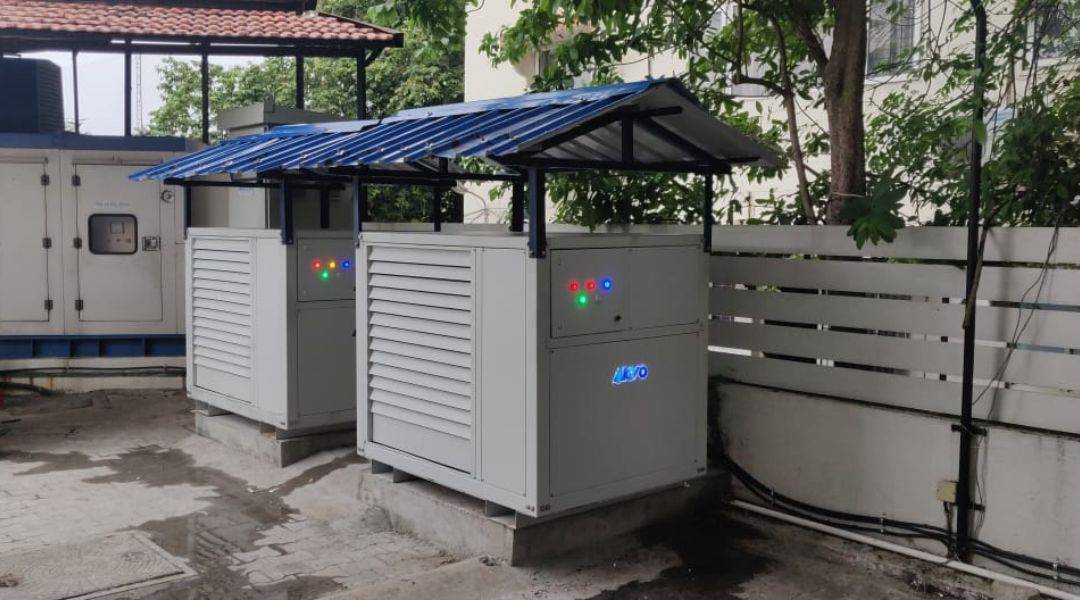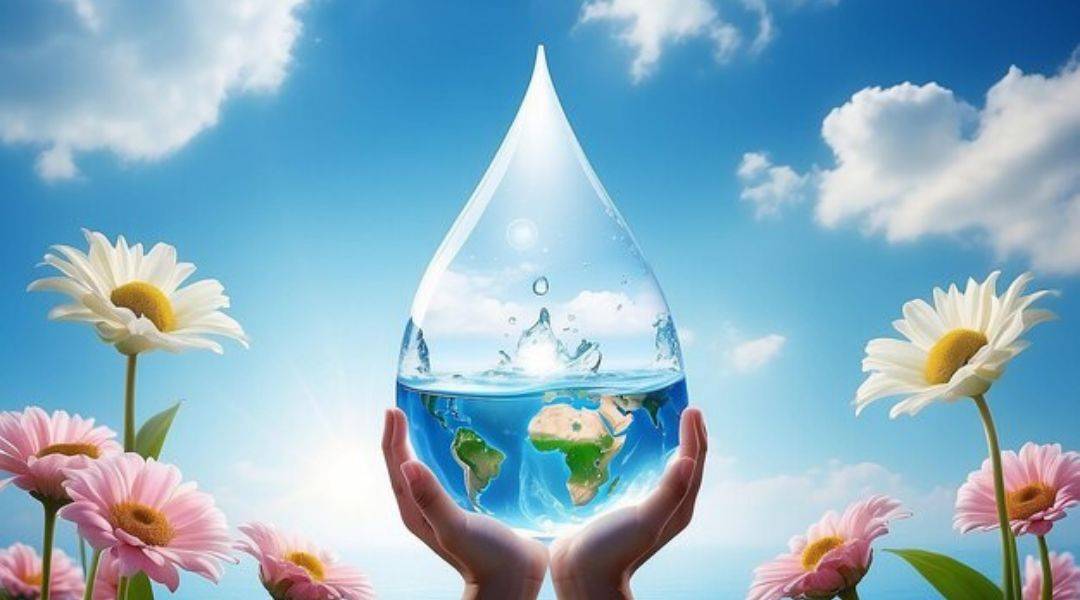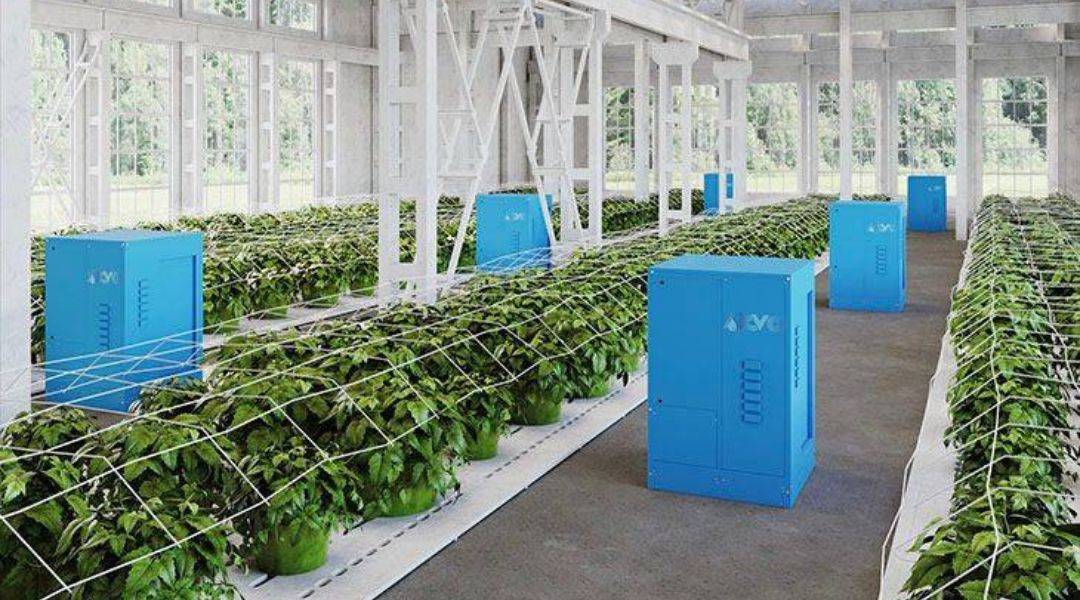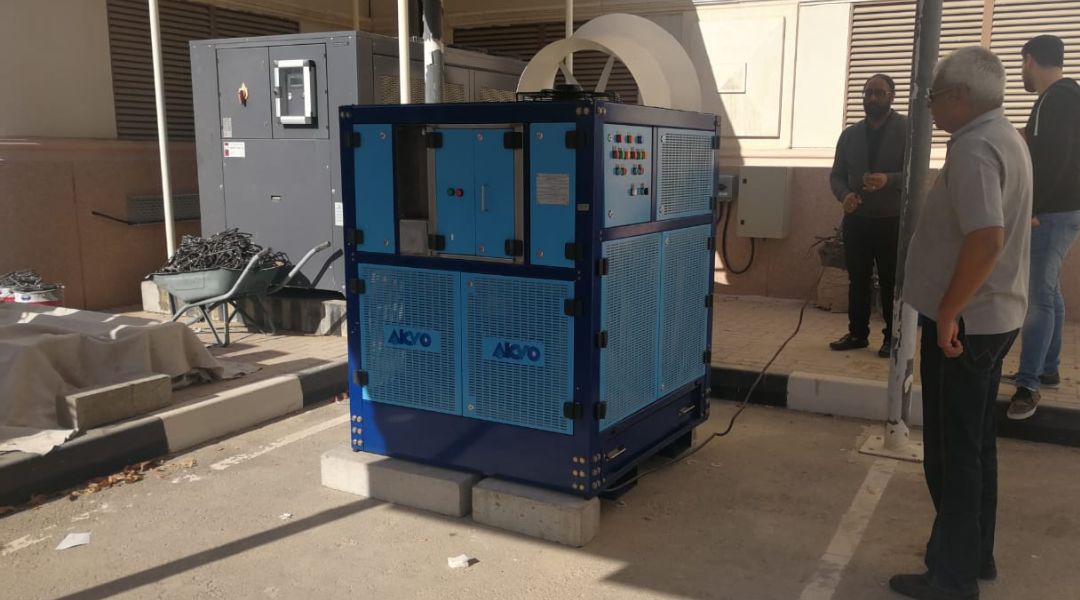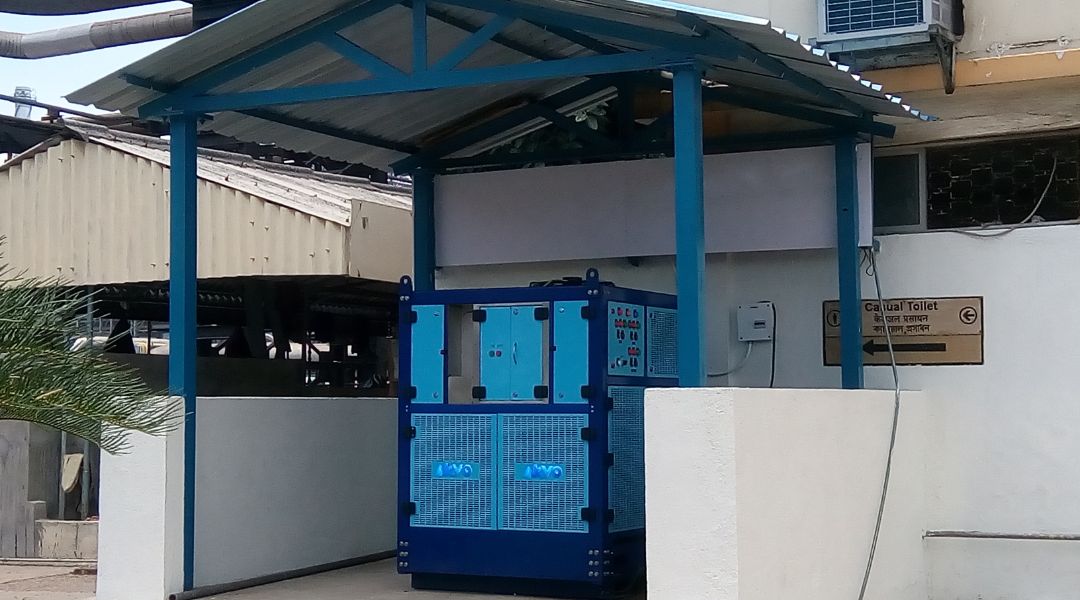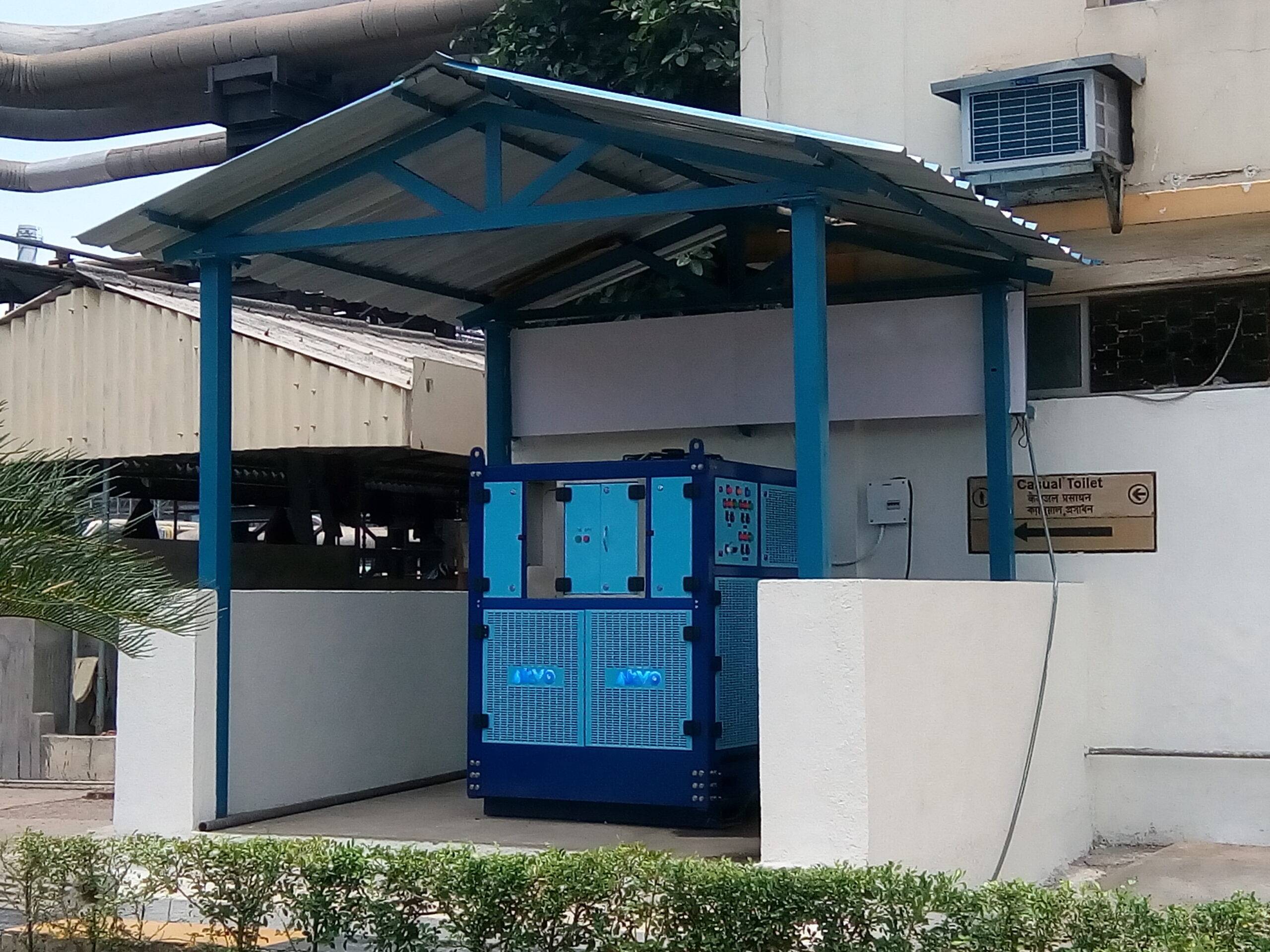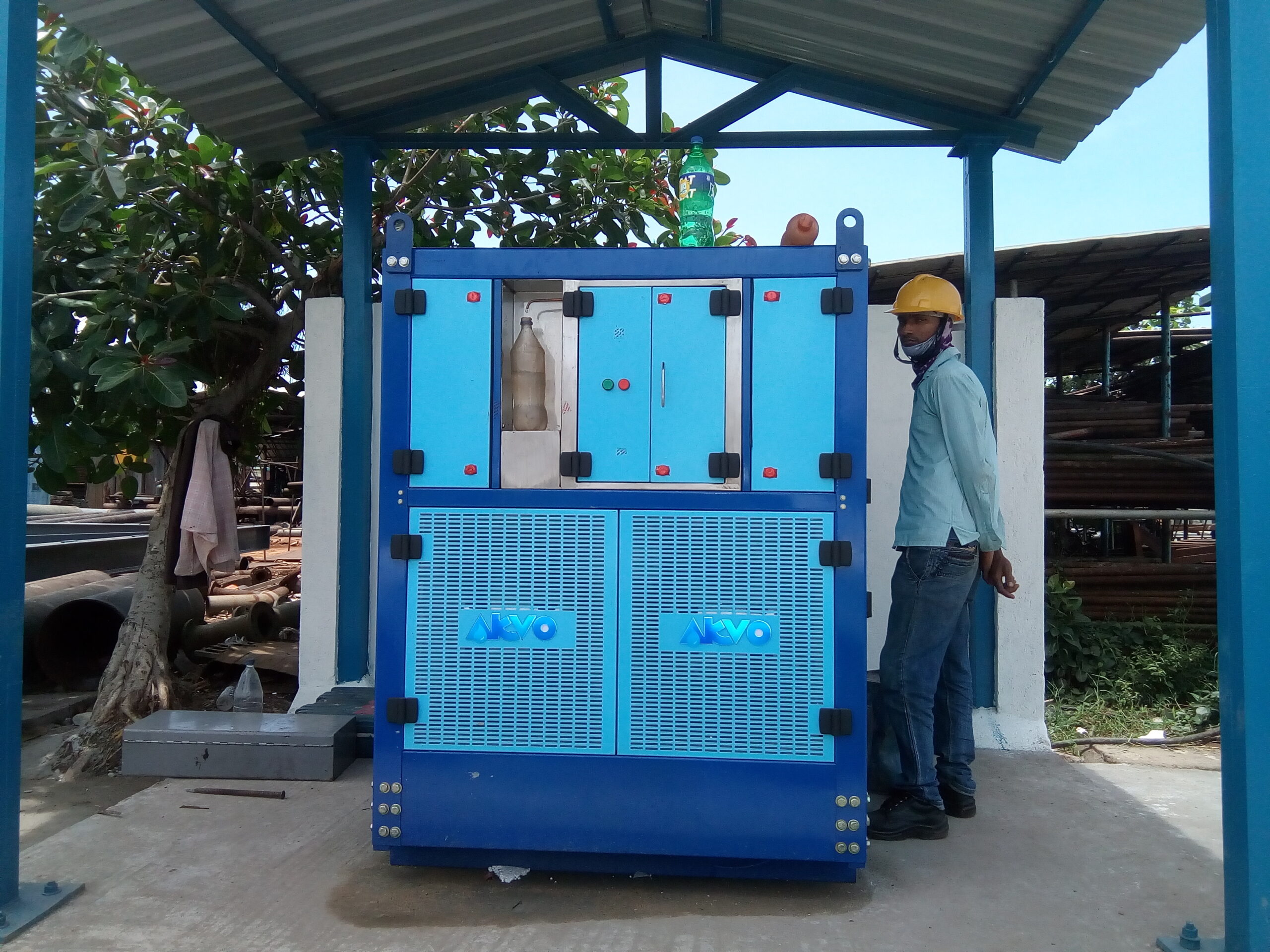“2024 has been a pivotal year for the water sector, reflecting both the escalating urgency of water security and the remarkable resilience of innovative solutions in addressing this global challenge. Across the industry, we have witnessed considerable momentum in designing and deploying technologies that harness atmospheric moisture, reduce reliance on diminishing groundwater reserves, and minimize environmental footprints. Governments and private stakeholders alike have begun acknowledging that ensuring a sustainable water supply is not a luxury but an absolute necessity for thriving communities and economies.
In the year ahead, I anticipate a surge in cross-sector collaborations that will drive greater awareness about alternative water sources and the critical need for holistic water management. By 2025, I believe we will see advancements in atmospheric water generation technology that make systems more compact, cost-effective, and energy-efficient. This evolution will not only bolster water-scarce regions but also help industries adopt innovative water stewardship practices. Additionally, stronger policy frameworks and incentives at both national and global levels are likely to fuel wider adoption, leading to a more concerted approach in protecting our planet’s most precious resource.
At Akvo, we remain committed to our mission of delivering high-quality and sustainable water solutions. Our goal is to continuously refine our technology, forming meaningful partnerships to expand our reach and create a lasting impact. As we close out a year marked by challenges and achievements, I’m confident that 2025 will usher in even more transformative breakthroughs, ultimately bringing us closer to a future where every individual and community has reliable access to clean water.”
Navkaran Singh Bagga, Founder & CEO, Akvo
Source link: Media Bulletins

